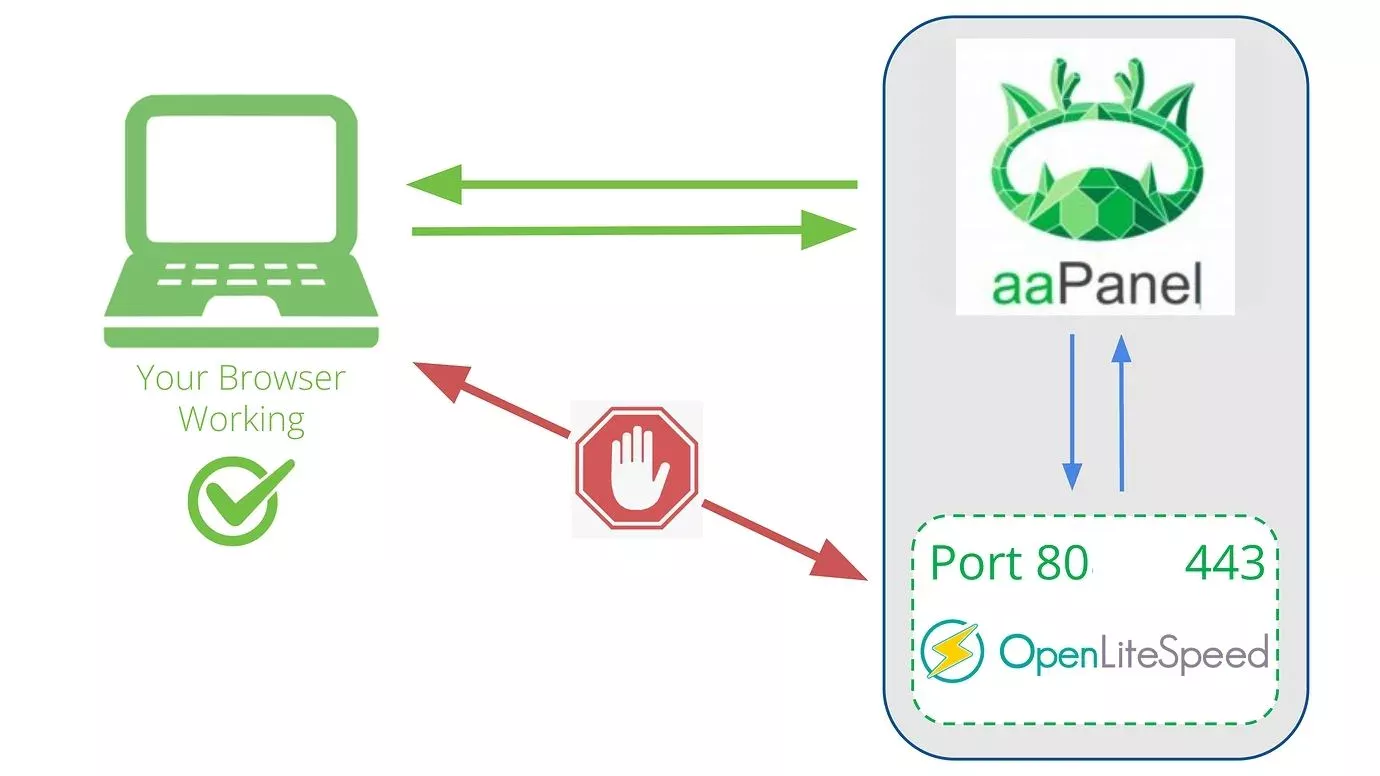As a website owner, it’s important to ensure your website is productive and efficient. A productive website not only attracts more traffic but also helps you achieve your goals faster and more effectively. Here are three free and easy tips to make your website more productive.
-
Improve Website Load Speed
Website load speed is one of the most important factors that affects the productivity of a website. A slow-loading website can cause visitors to lose interest, resulting in high bounce rates and low conversions. To improve website load speed, consider the following:
- Optimize images by compressing them before uploading
- Use a caching plugin to cache your pages and posts
- Minimize the use of plugins, and delete the ones that you don’t need
- Use a content delivery network (CDN) to distribute your content globally
- Minimize HTTP requests by combining multiple files into one
-
Make Your Website Mobile-Friendly
More and more people are using their smartphones and tablets to access the internet, so it’s important to ensure your website is mobile-friendly. A mobile-friendly website not only provides a better user experience but also helps to improve your search engine rankings. To make your website mobile-friendly, consider the following:
- Use a responsive design that adjusts to the screen size of different devices
- Make sure your text and images are easily readable on a small screen
- Minimize the use of pop-ups and large graphics, which can be difficult to view on a small screen
- Test your website on different devices to make sure it looks and functions correctly
-
Use Analytics to Track and Optimize Your Website
Website analytics tools, such as Google Analytics, allow you to track and analyze the performance of your website. You can use analytics to track things like page views, bounce rates, and conversions. With this information, you can make informed decisions about how to optimize your website for better results. To make the most of analytics, consider the following:
- Set up Google Analytics and place the tracking code on every page of your website
- Use analytics to track important metrics, such as page views, bounce rates, and conversions
- Analyze your website’s data regularly to identify areas for improvement
- Use analytics to test different changes to your website and see what works best
In conclusion, these three tips can help you make your website more productive. Improving website load speed, making your website mobile-friendly, and using analytics to track and optimize your website are all easy and cost-effective ways to improve your website’s performance and achieve your goals. Start implementing these tips today and see the results for yourself.













